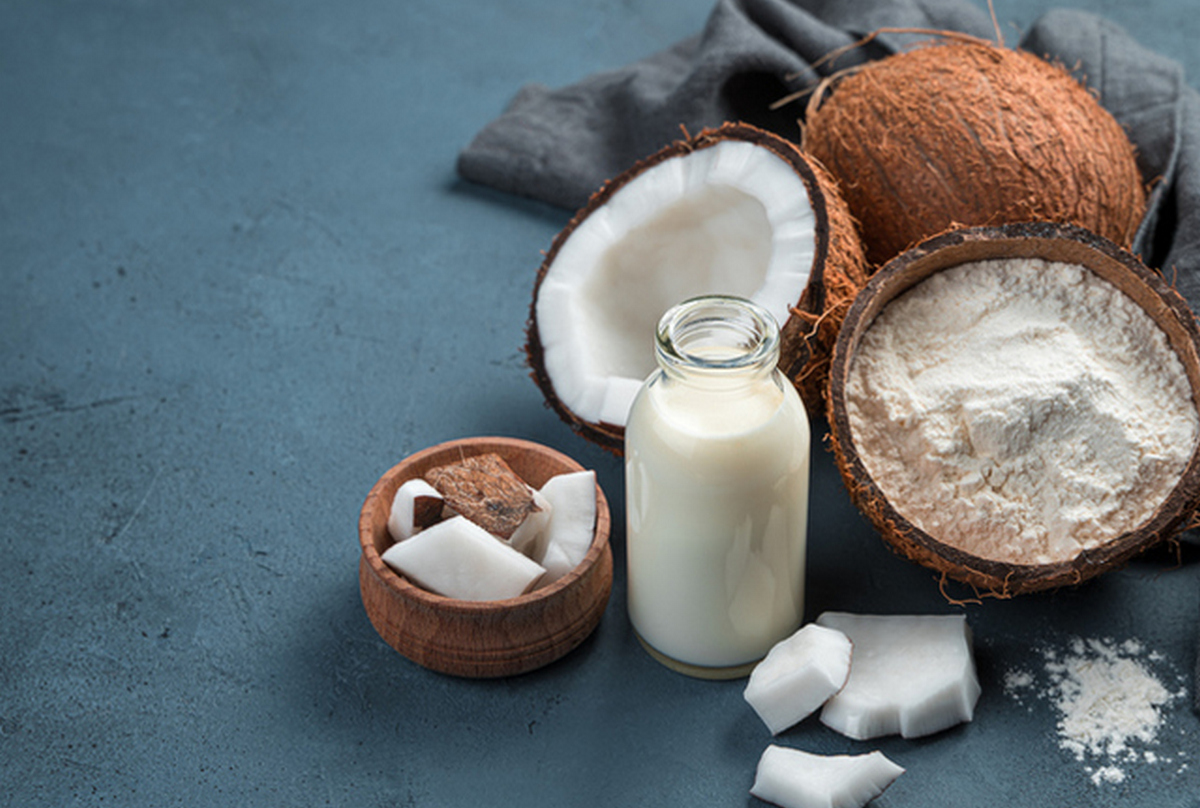Flour is an integral part of the diet. It is used to make bread, pasta, pastries, and favorite dishes that have been present in the culture of many peoples for centuries. Bread and pasta are part of the diet, but as we know, white wheat flour is considered one of the main enemies of a slender figure. It is also considered a risk factor for diabetes, cardiovascular disease, obesity.
When looking for a healthy and healthy alternative to white, wheat flour, one of our main considerations is the degree of purification. The more refined flour we use for all types of baking, the more it loses its nutritional value. In the process of refining wheat is deprived of bran and germs, which are the main carriers of nutritional value. Without these components, wheat does not contain nutrients, writes sciencedirect.com.
Thus, white flour remains high in calories, but low in useful proteins, fiber, useful fats and carbohydrates. For this reason, white flour is one of the leading factors in obesity, diabetes, high blood pressure, cardiovascular disease.
This means that, according to WebMD, the more refined the flour, the higher the health risk. The less refined the flour, the more useful the choice will be. The most useful are grain-based flour, coarse flour, nut flour.
What are the nutritional qualities of unrefined flour and alternative flour?
There are many options for choosing healthy flour. Among them are almonds, coconut, rice, oats, quinoa, whole grain whole wheat. People who try to eliminate white flour and gluten-free pasta from their diet may include nut flour, almond flour, coconut flour, and oatmeal. Coconut flour is not a nut flour, but it is still a very good choice, especially for people who are allergic to nuts.
Almond and coconut flour are very rich in healthy fats and fiber, they are less carbohydrates, which makes them excellent tools for controlling blood sugar and insulin. According to the Johns Hopkins Institute, almond flour is a very good source of magnesium and vitamin E.
Cereals are a great choice, and they are no less useful than nuts. Flour from rice, buckwheat, oats, quinoa does not contain gluten. At the same time, they are extremely rich in protein, fiber, vitamin B6, iron, potassium, calcium. Unrefined wheat flour contains gluten, but also contains the full range of nutrients available in whole grains. According to healthline.com, it is an excellent source of complex carbohydrates, fiber, iron and potassium.
There are many options for choosing healthy flour, in addition to refined white flour. Don’t be afraid to taste each of them. They deserve seats at the table.

